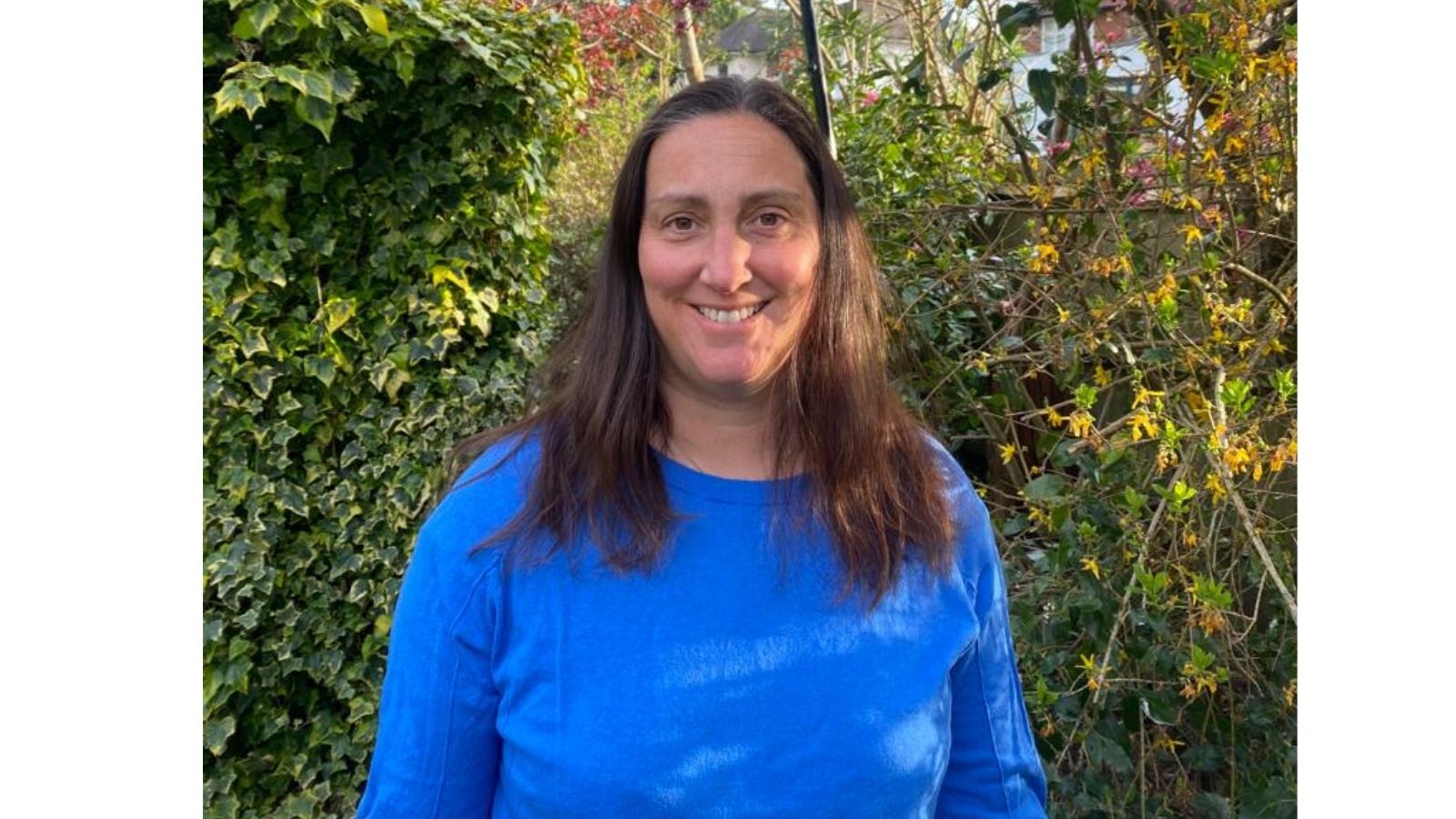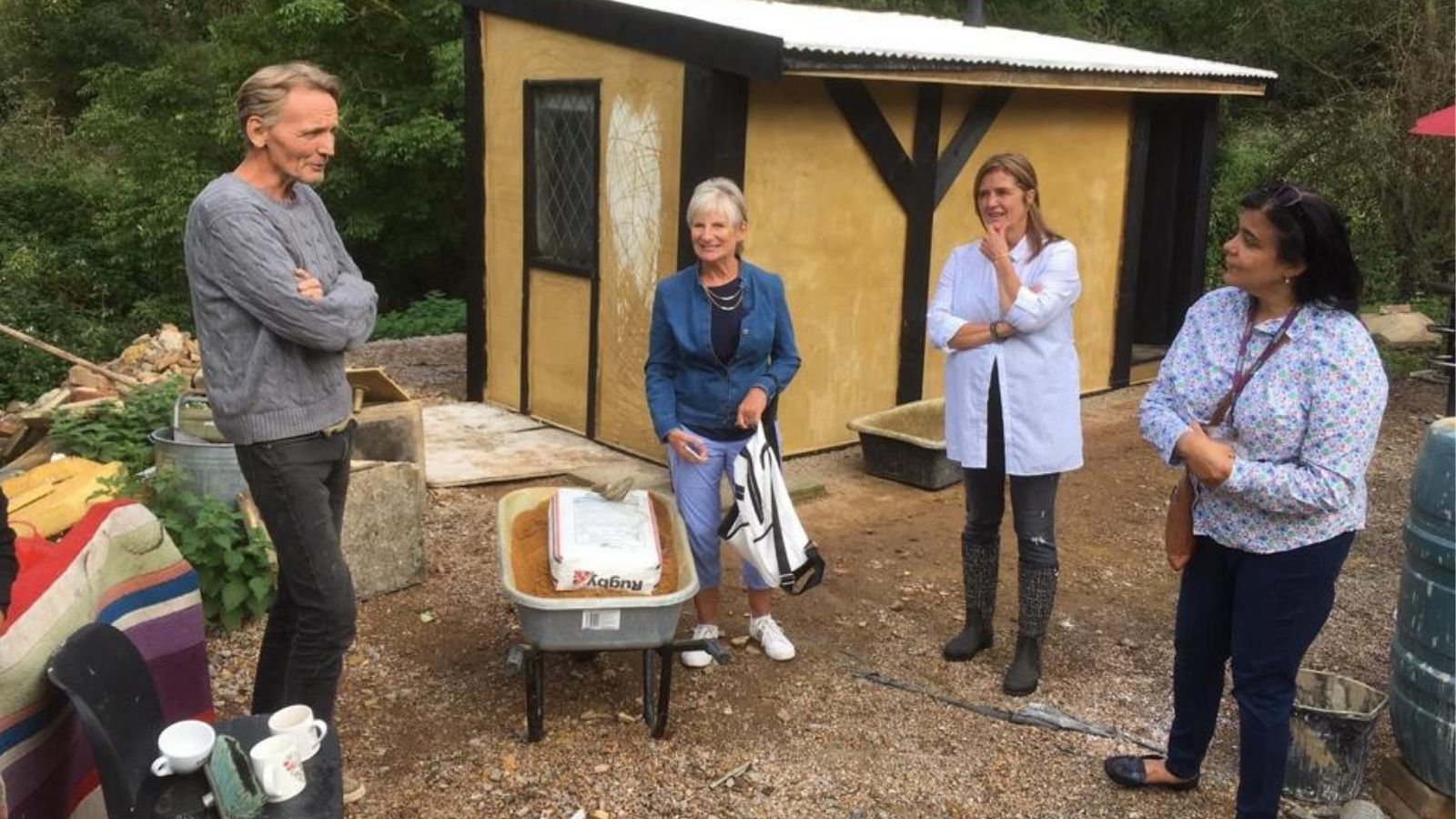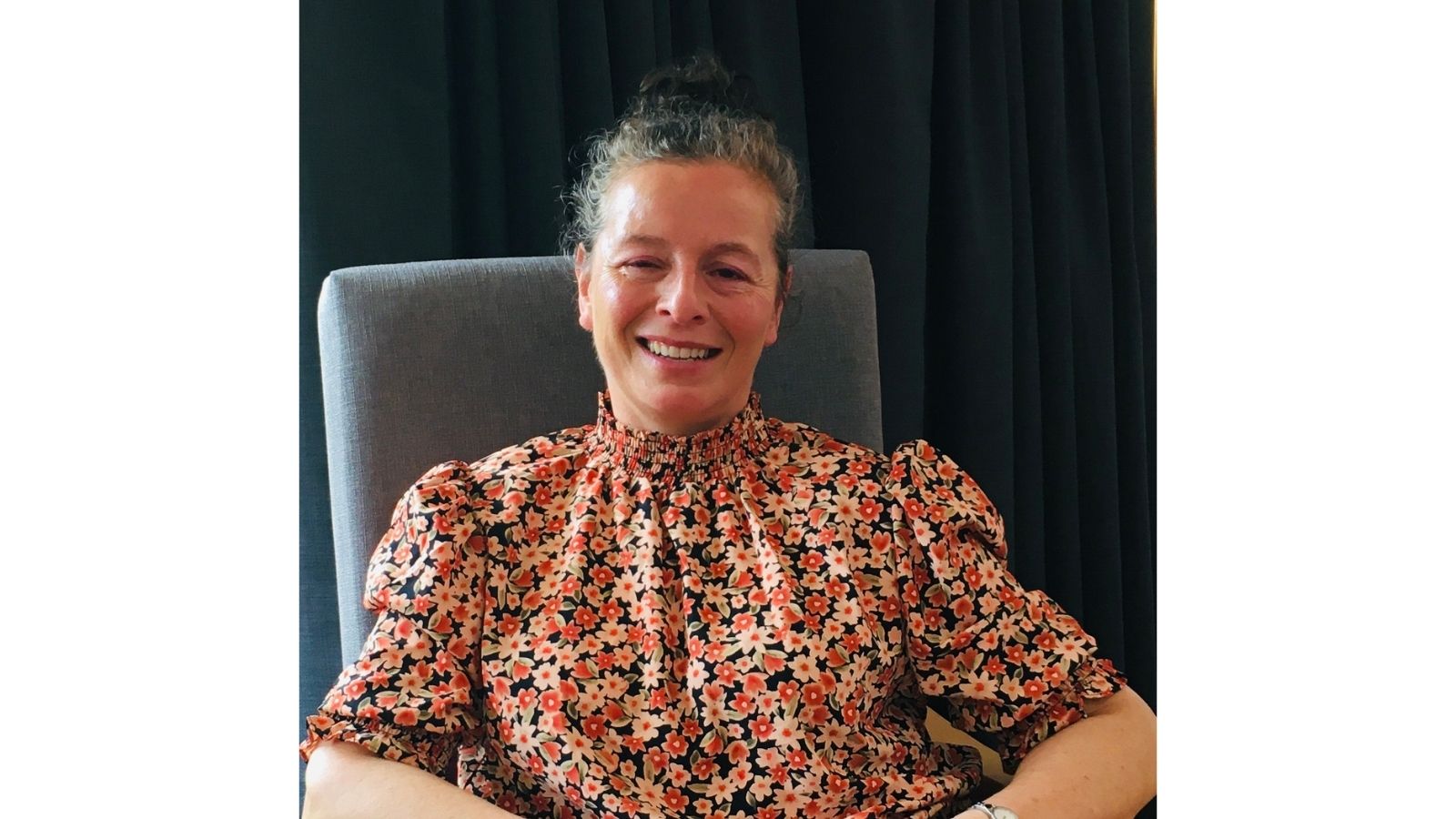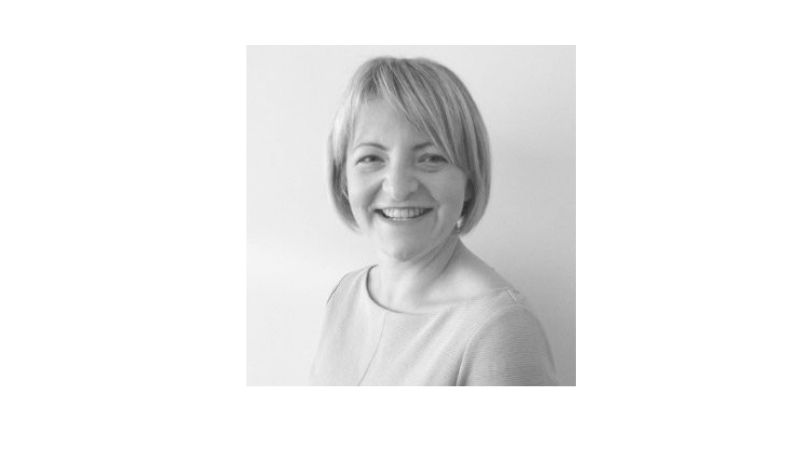GP Anna Mustill had known Gillian Orrow for quite a few years when they fortuitously crossed paths. Gillian was organising a series of webinars about Growing Health Together. and highlighting the need to work on reinforcing the broader determinants of health.
It all fitted
“It all fitted into place,” says Anna, who works in Oxted, South Tandridge, Surrey.
“I’ve felt strongly that lifestyle is important in supporting mental and physical health. I’ve realised that in my own life. But I found it quite difficult to always be able to enable my patients to do the lifestyle things that they know would help them feel better. I was interested to see that potentially there was a framework for trying to help people to help themselves a little bit more.”
Anna has been a GP since 2003, and she’s seen the role becoming much more medicalized and target driven.
“Our performance is based on our management of chronic illnesses in terms of how many people’s blood pressures we’ve checked,” she says. “We have to be seen to be reviewing people and doing regular checks. But I think sometimes this comes at the expense of actually looking a bit deeper and finding out why it might be that these people are coming back year after year after year, without much change, or maybe even getting worse.”
The bigger picture
It can sometimes feel like a treadmill, and Growing Health Together came at just the right time “because it does offer an alternative way of looking at things in the bigger picture.”
And that change is tangible.
“It’s incredible, the more I look into it,” says Anna, who has been using her time to network and make loads of connections. She talks about patients, participation groups and staff members who all mentioned the loss of a Children’s Centre in Hurst Green, South Oxted, which was closed down when the Sure Start Centres shut.
“It’s really missed by the community,” she says. “So we’ve been in talks with the manager of the Children’s Centre in the local CCG to try and get a health visitor back into being open to seeing all families – although it will be by appointment only rather than the old walk-in and weigh-in chat sessions. But it will be something that’ll be available to families as opposed to only those at higher risk, which is exciting.”
Mental health
Mental health issues in a local secondary school have also been identified.
“I’ve had a series of meetings with headteachers and we’re hoping to work more closely with them by offering some easy access appointments for the older students. We’re helping to give a facelift to the wellbeing suite. There are a couple of counselling rooms that are run-down and not nice for the staff to work in, or for the children who are in crisis to be looked after. We’ve managed to get some sofas, fairy lights and other bits and pieces to make it more of a nurturing, cosy environment. We’re looking at other ways to work with the staff to offer some support to them with what they’re dealing with on a day-to-day basis.”
There are other plans to try and give a facelift to a precinct in Hurst Green which is a focus of the community.
On the whole, people have been welcoming, with face-to-face meetings being the most fruitful for forming a connection.
Excited
“People have been excited to hear what you know about what’s going on. They have been more than happy to get involved and willing to offer their knowledge and expertise.
“I’ve been blown away by how enthusiastic everyone’s been. There have just been a few exceptions where people have been bit sceptical. I’ve spoken to them about what the plans are and how people could benefit, and they’ve come around. They’ve seen that it could remove some burden from GP practices.”
Anna’s surgery base is large – with 16,000 patients – and they’ve been under a lot of pressure over the last two years. So there’s been enthusiasm about setting up a staff wellness programme.
Wellness
“We’re having two lunchtime walks a week,” says Anna. “There might be nine or ten people coming for a power walk at one o’clock, which is quite a sight when you’ve got doctors in their scrubs and nurses and receptionists.” There is a downside, though. “Some of the staff are worried about patients seeing them out walking like that, because they’ll be accused of having time on their hands.”
There’s also a lunch club, where that fundamental human need to share food has been engaged. People can sign up to bring in a meal for around 10 people
“That’s been so enthusiastically received. People have looked forward to it. Everyone’s been enthusiastic about contributing,” says Anna.
Health creation
Anna talks about the subtle difference of health creation, “where you’re actually speaking to people and finding out from them what their priorities are and what barriers there are. A lot of doctors can’t get past a prescriptive kind of medicine, but it makes so much sense when you look at it,” she says.
“Our management of chronic disease has come on massively – the targets have helped. It’s meant that care is a lot more even across the board.”
Anna welcomed the work of Growing Health Together. She says it takes the focus away from doctors for being responsible for the whole of health. It also tries to help with those wider determinants of health.
“It would probably mean that those targets for chronic diseases could be managed more efficiently, because general health would be improved,” she says. “Evidence-based medicine and those targets are really important, but not the whole story.”




